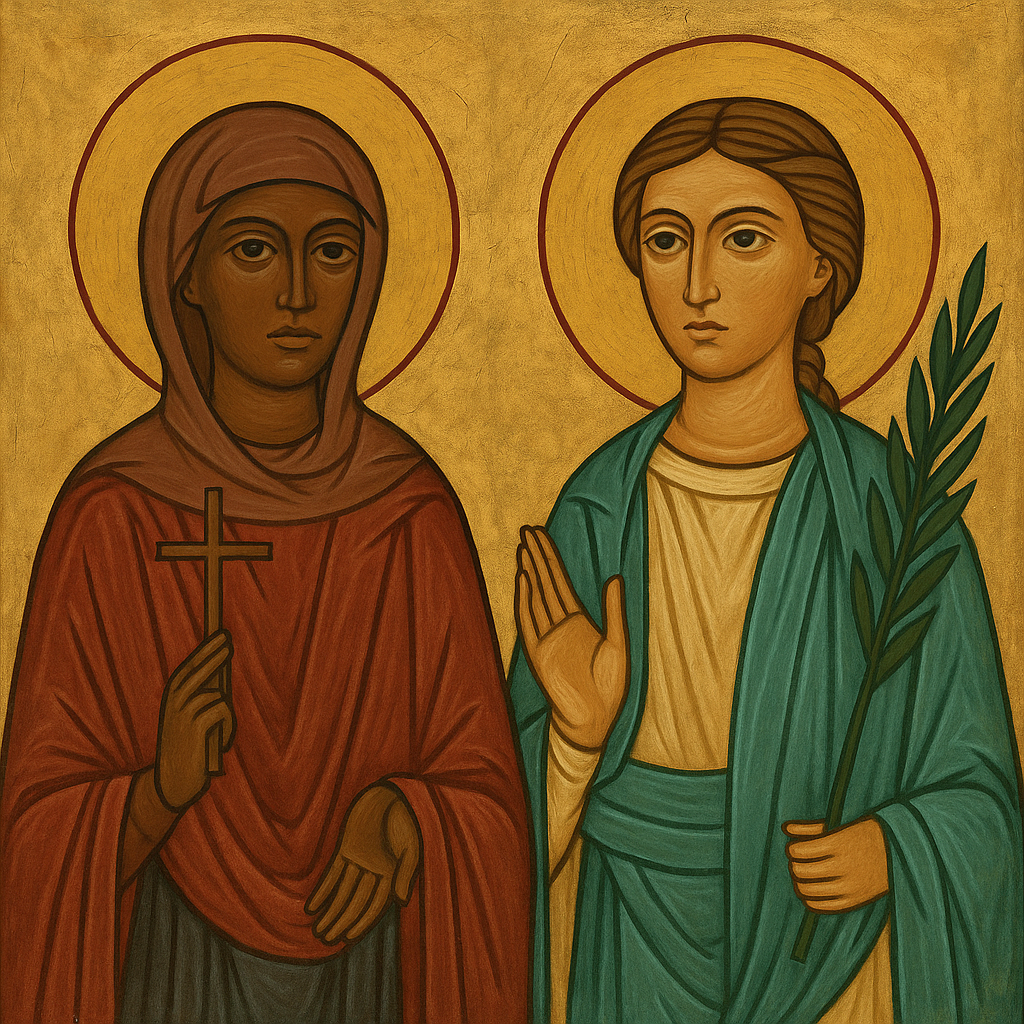Heroes: Who Shapes the Leaders We’re Becoming
by Zach Wertish and Wilson Ryland
Ever since Robert Downey Jr. first suited up as Iron Man, the superhero genre has had us hooked.
Billions of dollars later, movie theaters are still packed with people ready to watch a hero save the day.
Heroes inspire us. They fight for what they believe in. They put themselves on the line for those they love. (Funny how echoes of Christ sneak into every story that stirs our heart.)
But I wonder—is Tony Stark the kind of hero we actually want to become?
Because what inspires us tends to begin shaping us. And before we all assume we’re immune to being influenced by “little idols” (since, of course, none of us have any gods before God), think about this: Have you ever walked out of a movie like Rocky and suddenly felt a burning desire to hit the gym? I have.
Wanting to get healthier isn’t bad. But it’s proof of a deeper truth: our hearts are constantly shaped by what we admire. Most of us are far more influenced by our culture’s heroes than we’d like to admit.
And who we idolize doesn’t just say a lot about what we value—it’s forming the person we’re becoming.
If you’re in ministry, that’s not a side issue. It’s a discipleship issue. A leadership issue. Because when we adopt the world’s heroes, we also start absorbing the world’s definitions of leadership—and those definitions can quietly hollow us out from the inside.
Which leads to a question worth wrestling with:
Who are the heroes worth following?
The Arena in Carthage
Imagine for a moment:
The crowd roars. Dust swirls in the sunlight. Sand is already dark with blood.
Another prisoner steps into the arena. She doesn’t carry a sword. She isn’t a soldier or a gladiator. She’s a young woman, barely in her twenties, walking calmly to her death.
If this sounds like something out of Gladiator, it’s not. It’s history. And the heroes of this story, Perpetua and Felicitas, weren’t fighting for fame or freedom. They were dying for the name of Jesus.
The year was 203 AD. The location: Carthage, in North Africa. Christianity was still illegal in the Roman Empire. Emperor Septimius Severus had recently intensified persecutions, forbidding conversions to Christianity or Judaism. Being caught meant imprisonment and often public execution.
Perpetua was a young noblewoman, educated and privileged. Felicitas was a slave. In Roman society, they could not have been further apart in status. But in Christ, they stood on equal footing—as sisters.
Both were catechumens, preparing for baptism when they were arrested. They were imprisoned with several others, including Saturus and Revocatus. And both were mothers—Perpetua had a newborn son, and Felicitas was eight months pregnant when arrested.
In prison, Felicitas prayed that she might give birth before the day of execution, since Roman law forbade executing a pregnant woman. Two days before the scheduled games, her labor began. She delivered a baby girl, who was taken and raised by fellow Christians.
Perpetua’s father, desperate to save her, came to plead with her:
“If not for the sake of me or your family, at least do it for your child.”
Renounce Christ, say the words, and you go free. No one has to die.
Her answer has echoed through the centuries:
“I cannot be called anything other than what I am—a Christian.”
On the day of execution, they were led into the arena. They faced wild beasts—first a mad heifer, then leopards—and finally the sword. According to the account preserved by the church, Perpetua guided the gladiator’s blade to her own throat when his hands trembled.
These women became some of the most famous martyrs of the early church. Their story was read in worship gatherings for generations, not as morbid history, but as a call to courage, perseverance, and joy in Christ.
Perpetua and Felicitas weren’t the “influencers” of their day. They weren’t strategists or celebrity speakers. They were witnesses—leaders in the truest sense—showing the church how to live and die faithfully.
Wrestling With Their Example
When I (Zach) first read their story, I was inspired—but I was also unsettled. Honestly, part of me wanted to argue with Perpetua.
She had everything to live for. Wouldn’t God understand? Couldn’t she do more for Christ alive than dead? Her son needed her.
Those are valid thoughts. But they also expose something uncomfortable: even imagining myself in her place shakes my faith to its core. It reminds me that I have sacrificed very little for Christ.
The truth is, the reason we can still tell their story 1,800 years later is because they refused to compromise. Their deaths preached a gospel that Rome couldn’t silence.
And this is where it presses into our own calling as leaders. Because those of us in vocational ministry—whether we like this dimension or not—are called to a life of sacrifice for the sake of those we serve.
The Clash of Hero Models
That’s where our choice of heroes matters.
Our culture elevates the visionary CEO, the dynamic influencer, the invincible superhero. Even in ministry, we gravitate toward leaders who pack conference halls, launch bestsellers, and command social media followings. None of those things are inherently bad—but if they become our model for leadership, they will form us accordingly.
It’s not a stretch to say that the dysfunction we see in parts of the church today has roots here. We’ve chosen our heroes from the wrong gallery.
Peter made the same mistake. He couldn’t imagine a Messiah who had come to die. He was dreaming of a crown, not a cross. He wanted proximity to power, not the path of self-emptying love.
And yet, Jesus repeatedly withdrew from the crowds.
“After he had dismissed them, he went up on a mountainside by himself to pray. Later that night, he was there alone...” (Matt. 14:23)
Jesus understood something we keep forgetting: we were created for intimacy with the Father, not visibility before the masses.
What This Means for Resilient Leaders
Desperation for validation is the symptom of an unhealed heart. Maybe so many pastors are bleeding out today because we’re trying to medicate our wounds with the very thing keeping us from being healed.
Maybe our burnout is evidence of a broken hero system.
If Perpetua and Felicitas could feel calm, joyful assurance of their identity in Christ—naked, empty-handed, facing death—then perhaps the enemy has us chasing our identity in empty things: numbers, applause, influence.
Stages, lights, and buildings aren’t evil. But they have never been essential to authentic, transformative ministry. They certainly aren’t what secures the Father’s delight in His children.
The early church’s heroes were people who embraced the cross before the crown. People who loved Jesus more than safety, status, or survival.
We need those heroes again.
A Call to Reclaim Our Heroes
In an increasingly secular culture, the formation of Christian leaders depends in part on the stories we tell and the people we celebrate. If our “leadership imagination” is shaped by Iron Man and Jeff Bezos, we will naturally adopt their priorities: innovation, efficiency, personal brand, and winning at all costs.
But if our imagination is shaped by Perpetua, Felicitas, Polycarp, or even modern-day brothers and sisters who quietly endure suffering for Christ, our leadership will be marked by a different set of values: faithfulness over fame, sacrifice over self-promotion, intimacy with Christ over influence with crowds.
We become like the heroes we admire.
So here’s the challenge:
Learn their stories. Read the Passion of Perpetua and Felicitas. Let their words, not just their deaths, sink into your heart.
Tell their stories. Share them with your staff, your congregation, your kids. Put them into the bloodstream of your community’s imagination.
Adopt their posture. Let their example shape the way you think about calling, sacrifice, and joy in suffering.
Our cultural moment doesn’t need more celebrity leaders. It needs more leaders who will say, “I cannot be called anything other than what I am—a Christian,” and mean it.
In the end, the heroes we choose to celebrate will either lead us toward resilience in Christ or toward collapse under the weight of false expectations.
Choose wisely. And choose heroes who can carry you all the way to the finish line—not just the next conference stage.

